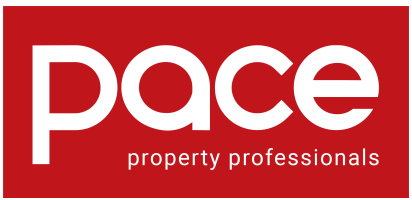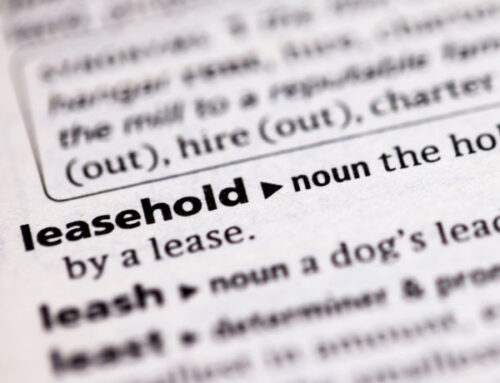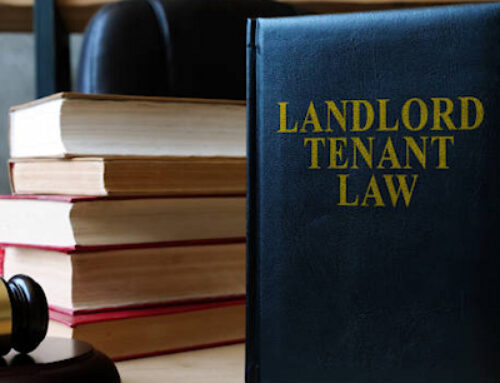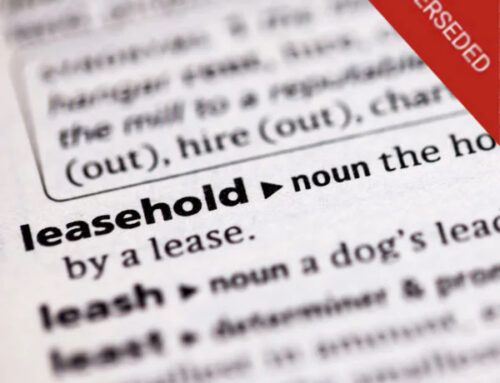Staying on the right side of HMRC
In February this year, when Boris Johnson announced his roadmap to ease lockdown restrictions, it’s no surprise the UK saw a surge in staycation bookings. Easter breaks in April surged by 284% and summer bookings doubled. By June, bookings for July had increased by 82%.[1] Therefore, it’s no surprise that holiday let owners have been identified as an obvious target for tax investigations by HMRC.
HMRC may request data from Airbnb
Landlords are being urged not to under-declare their income. During 2020 Airbnb agreed to share information on income earned by its UK hosts as part of a 2020 tax settlement with HM Treasury. This means HMRC can request information from the likes of Airbnb to check whether a taxpayer is paying their fair share. Due to travel restrictions caused by the pandemic more people chose to holiday in the UK this year, resulting in a boom for UK holiday lets, so the government will be expecting its tax receipts to rise.
Landlords in the short-term sector will submit their self-assessment tax returns ahead of the 31st January 2022 deadline. Some may be tempted to under-report the windfall earnings they have made in that period. HMRC will be checking tax returns from people who have let property, for a jump in declared income to reflect the staycation boom. Their algorithms will identify those holiday homeowners who they think are under-declaring income.
The Let Property campaign
The HMRC’s Let Property Campaign is an opportunity for landlords who owe tax from letting out residential property to get up to date with their tax affairs. It’s clear the Treasury sees landlords as an obvious target for tax investigations and extra tax revenue. Landlords are recommended to make sure they are aware of their tax obligations before spending their summer ‘staycation’ windfall. Landlords who fail to declare unpaid taxes are ultimately risking fines and criminal prosecution. You have been warned!
[1] Source – www.snaptrip.com








